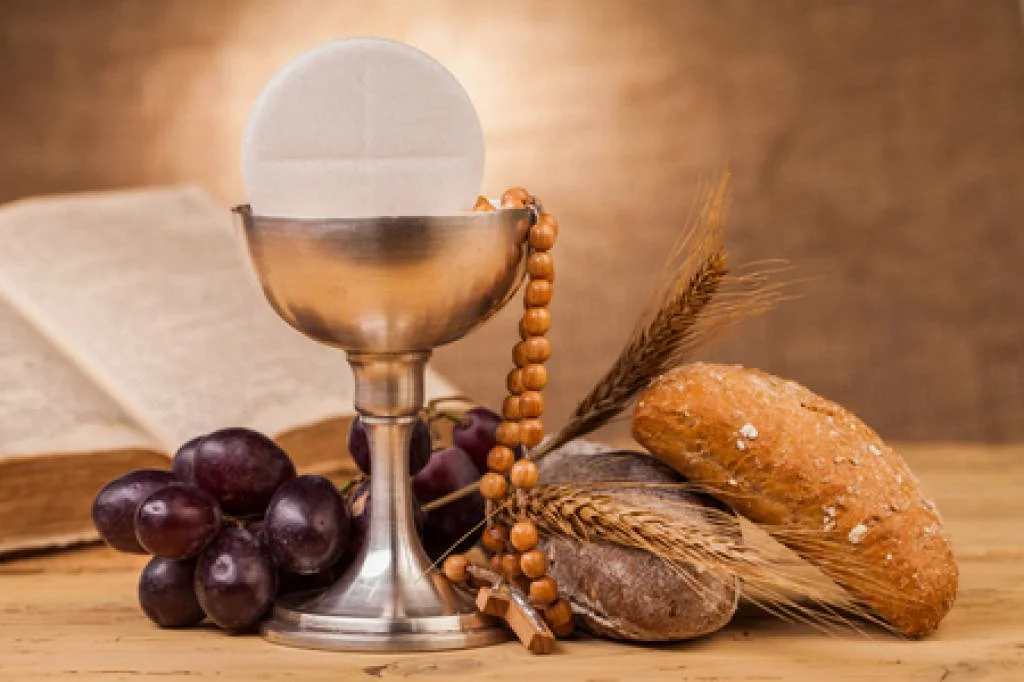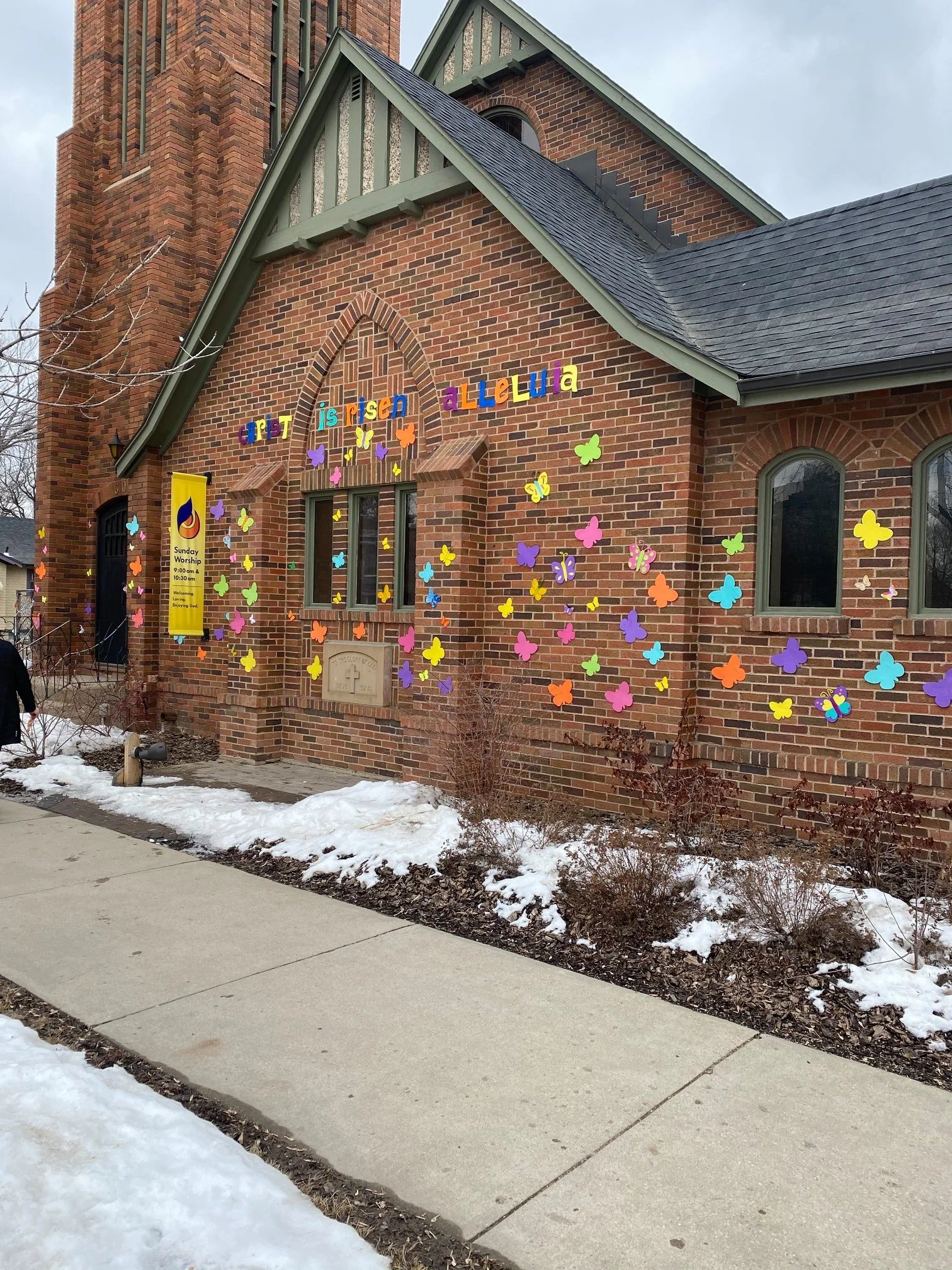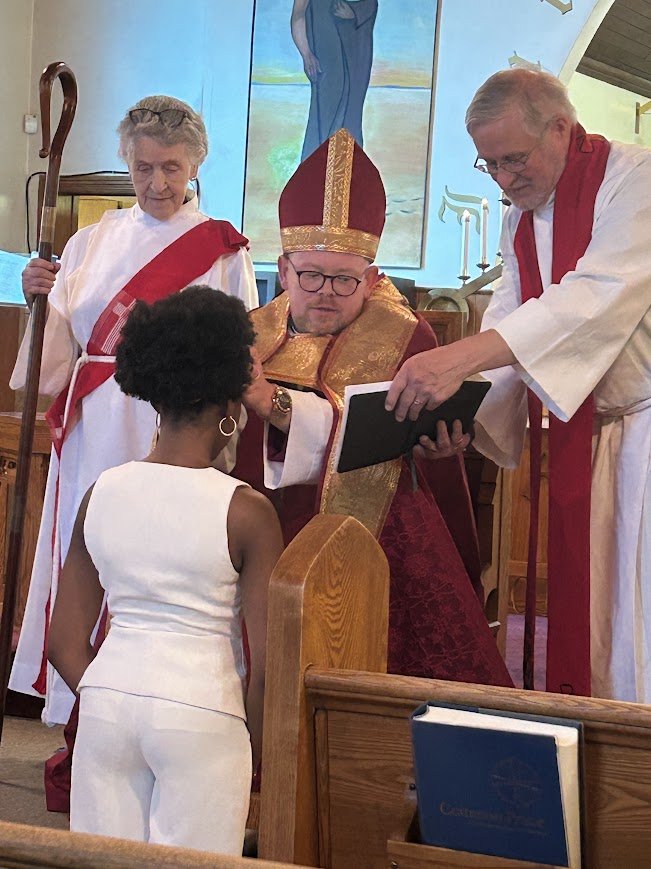Anglicanism is one of the major branches that arose out of the 16th-century Protestant Reformation. It is a form of Christianity that includes features of both Protestantism and Roman Catholicism. Anglicanism is loosely organized in the Anglican Communion, a worldwide family of religious bodies that represents the offspring of the Church of England and recognizes the Archbishop of Canterbury as its nominal head. It prizes traditional worship and structure but operates autonomously and flexibly in different locales. Although the Anglican Communion has a historic statement of doctrine — the Thirty-nine Articles — it allows widely divergent interpretations. Thus, Anglicans see themselves as possessing a cluster of historic pieties and procedural loyalties but few firm rules. The Book of Common Prayer, a compilation of the church’s liturgical forms originally issued in 1549, represents the faith’s independence from Rome and remains the hallmark of Anglican identity. (Source: Encyclopedia Brittanica)
Learn more about our Worship and Prayer practices
How do I join the Anglican Church?
Whether you are a new believer or a long-time follower of Jesus Christ, maybe you found a church in the Anglican tradition that you like. What is involved in becoming an Anglican Christian disciple? Anglicans articulate what we believe through our worship, so the best way to get to know us is to worship with us. You can become a member of the Anglican Church of Canada by regularly attending a local Anglican parish and participating in its life and work, i.e. its ministry. It would be good to contact the local parish priest who can help you prepare for this step in ways that engage your personal needs and spiritual journey.
Baptism and Holy Communion are the visible signs of membership in the Christian Church. Baptism is the initiating sacrament of Christianity. Scripture and the Christian tradition affirm that Jesus intended baptism to be the physical marker of initiation into his gathered people. By design, this sign of membership could be received by anybody, no matter their age, sex, ability, ethnicity, or status.
If you’ve been previously baptized in water and in the name of the Holy Trinity in another Christian church or denomination, your baptism is valid in the Anglican Church. If you were already baptized and confirmed in another Christian tradition, you can choose to be formally received into the Anglican Church or to make a public profession of your faith at a service when the bishop is present.
Eucharist, or Holy Communion, is the primary sacramental gift Jesus Christ gave us for our continual remembrance and is our central act of worship. All baptized Christians, including children, are invited to receive Holy communion.
The Anglican Diocese of Montreal has a step-by-step description of the Eucharistic worship service.
Rituals for Life Events
Weddings
Christian marriage celebrates the union of a couple in the context of their relationship with Christ and the whole Christian family.
Anglican weddings normally take place in church buildings, but they can also take place in another venue with the bishop’s permission. Your priest can help you figure out the details.
Contact your local parish priest at least 90 days before the date you’d like to get married. This allows time for proper preparation for marriage and for a conversation with the priest about the details of the service. It also allows you to be informed about the parish’s policy on weddings.
The Anglican Church does marry divorced people, though your parish priest will need to get permission from the bishop first.
Funerals
Christians believe that the end of this life on earth is the beginning of a glorious new life in Christ. Anglican funerals try to balance the grief of the living with a celebration of the life of the deceased, and faith in the hope of the resurrection.
The Anglican Church of Canada offers various forms of service from the prayer books of the church. Family and friends are encouraged to participate as much as they are able.
The priest and family together arrange the service structure, readings, music, readers, prayer leaders and other appropriate ways to remember the one who has passed away.
The prayer books assume the presence of the body or cremated remains at the funeral. In addition to or instead of the service in the church, services may be held at the graveside, in a funeral home or in a crematorium. A memorial service may also be requested.
For more information on Anglican funerals, contact your local parish priest, or ask your funeral director to direct you to an Anglican clergy person.







